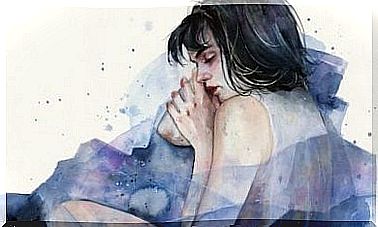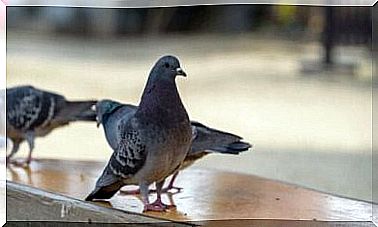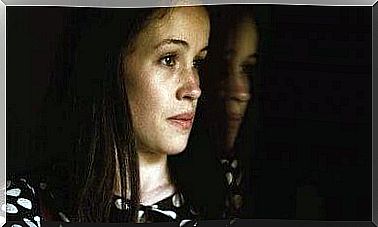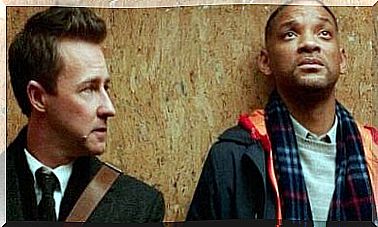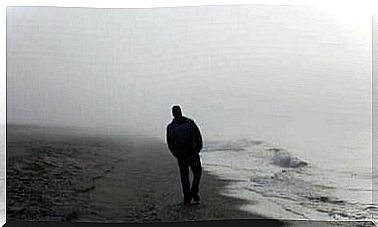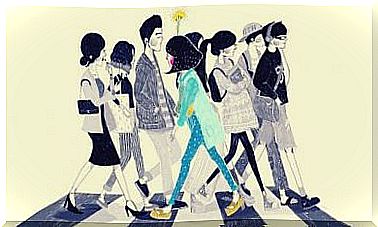Have You Ever Heard Of “death Cafes “?
Death has been a taboo subject in many societies and for many times. Without going very far: in the one in which we live today. But death is viewed very differently when it occurs far or near us, when it is reality or when it is fiction.
How many deaths can there be in Hollywood movies? Most of the time people die in series and the main character tends to brag about it. But if you are grieving in real life, you often find yourself facing deep silences.
On a virtual forum, an Argentinian psychiatrist once posted a comment. He said that in his office there were more and more people who couldn’t get over the grief of someone they loved. The professional was surprised. Before, these situations were managed by families and immediate entourage. Today, many more people need to see a doctor to find someone to listen to them when they want to talk about their loss.
“Fall asleep with the thought of death and arise with the thought that life is short.”
-Proverb-
Baffling as it sounds, there seems to be no room or disposition to talk about something as real as death. Many people are condemned to grieve in solitude. If they bring up the subject, they are told not to think about it. Or we look for a way to “distract” them to help them overcome the pain.
Even though we live with death every day, the subject has become distant, as if it were a cursed page in our book of life that should not be read or should be turned quickly. This is why when it touches us closely, we experience death as an absurd and strange surprise. This is also why we have few tools to properly address the pain of permanent loss. And it is for all these reasons that the “death cafes” appeared.
Death cafes, an idea that makes sense
It all started with the idea of Swiss sociologist Bernard Crettaz. He was a professor at the University of Geneva in 1989. He organized an exhibition called “Mortal Relief” and the response was very enthusiastic. The main conclusion he drew from this event was that there were a lot of young people who wanted to talk about death but didn’t have a chance.
This is why in 2004, the same Crettaz made a first meeting which he called “Café Mortel”. The aim was precisely to open up a space to talk about death. 250 people attended. They had a welcome drink and talked about the subject for over two hours. Then there was an exchange of ideas. The only rules were to speak sincerely and to respect the opinions of others.
The idea turned out to be so interesting and it was so successful that it was taken up in several other places. Death cafes then appeared in other countries of the world. Today, there are 4,403 of them and they are present in 48 countries.
Why talk about death?
Many think that to talk about death is to waste your life unnecessarily. This argument, far from being a real reason, rather expresses a fear and an anguish which, instead of being confronted, is hidden under the carpet. Nothing is more real in life than death. Nothing more inevitable either. All human beings will go through this trance and see loved ones leave in this darkness.
Talking about death can cause some anxiety at first, because it is about words and a universe that we are not used to unraveling. But if you open your mind to the subject and resist fear, the subject becomes natural over time. For anyone who is experiencing an illness or is near someone sick, bringing it up directly is a balm. This helps to nourish serenity and strength in the face of this inescapable fact.
People who are in good health see death as something very far away, but these kinds of conversations do them good. First of all, approaching the taboo part. Learn to accept the idea of death without so much fear. It becomes a very valuable tool when life, or that of someone close to you, comes to an end. Talking about it, instead of causing pain, avoids pain. And it also gives value and a greater meaning to life.
Emma Kenny, a prestigious British psychologist, says something about death that can serve as a conclusion: “We spend a lot of time getting away from death and thinking that it is something that only happens. to others. One of the hardest things to recognize is the vulnerability of life. ” In this vulnerability, it is paradoxical that there is a rewarding perspective that allows us to see much of the beauty that is in life, but that we lose as we symbolically distance ourselves from death.
Don’t forget to read:
